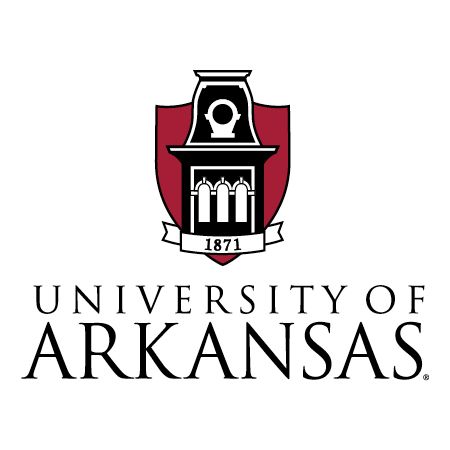FAYETTEVILLE, Ark. – The University of Arkansas Global Campus, in partnership with the College of Education and Health Professions, will offer a summer literacy clinic for licensed teachers, education students and other local education professionals July 5 through Aug. 5. Participants can register online.
The clinic will comprise two courses and a joint practicum, and participants can enroll in either or both courses. Classes will be held July 5 through July 22 for Advanced Diagnosis and Instruction, offered in-person at Peabody Hall from 9:15 a.m. to 10:45 a.m. weekdays.
Introduction to Dyslexia: Literacy Development and Structure of Language will be available on-demand online during the same dates. A joint practicum for both courses will take place from 9 a.m. to noon July 25 through Aug. 5 at Washington Elementary School in Fayetteville, during which participants will work one-on-one with local elementary students. A background check is required.
The cost of attending one course is $450, and attendees may register for both courses at the reduced rate of $750. Registration fees include the cost of the practicum. A 10 percent discount is available to U of A faculty, staff, students, and Alumni Association members.
The Advanced Diagnosis and Instruction course emphasizes the diagnosis and improvement of reading difficulties in the classroom setting. Candidates are expected to become familiar with causes of reading difficulties, diagnosis instruments and procedures, principles of report writing, and instructional methods and materials of reading improvement. Participants will learn how to select, administer, and interpret assessment results and then use data to plan and implement strategies with individual students.
The Introduction to Dyslexia: Literacy Development and Structure of Language course focuses on the assessment of students with disabilities, literacy development, skills and intervention. Candidates will examine the historical development of English and its relevance to language disabilities. Candidates will also study the scientific basis of reading and utilize foundational concepts of oral and written language, including the structure of language, to assess students' difficulties and plan appropriate instruction.
Participants who register for the courses through Global Campus are eligible to receive professional development Continuing Education Units (CEUs) only. Participants earn 60 hours of professional development credit, approved by the Arkansas Department of Education, for completing each 3-hour course and the practicum, for a maximum of 120 hours. Upon successful completion of one or both courses, participants will be awarded a certificate of completion from the College of Education and Health Professions and the Global Campus.
Participants interested in taking the courses for academic credit or certification purposes must apply and be admitted by June 1 to the University of Arkansas Graduate School and then pay graduate tuition. Contact Linda Eilers at leilers@uark.edu with questions pertaining to academic credit.
Eilers, a clinical associate professor of childhood education for the College of Education and Health Professions, is coordinating the practicum, which will serve as a summer literacy camp for local elementary students.
About the Global Campus: The Global Campus supports U of A colleges and schools in the development and delivery of online, distance and workforce education programs and courses. It provides instructional design services, technology services and assistance with marketing, recruiting and strategic academic development.
About the University of Arkansas: The University of Arkansas provides an internationally competitive education for undergraduate and graduate students in more than 200 academic programs. The university contributes new knowledge, economic development, basic and applied research, and creative activity while also providing service to academic and professional disciplines. The Carnegie Foundation classifies the University of Arkansas among only 2 percent of universities in America that have the highest level of research activity. U.S. News & World Report ranks the University of Arkansas among its top American public research universities. Founded in 1871, the University of Arkansas comprises 10 colleges and schools and maintains a low student-to-faculty ratio that promotes personal attention and close mentoring.
Topics
Contacts
Linda Eilers, clinical associate professor of childhood education
College of Education and Health Professions
479-575-4275,
Kelsey Lovewell, assistant to the director of communications
Global Campus
479-575-6340,
